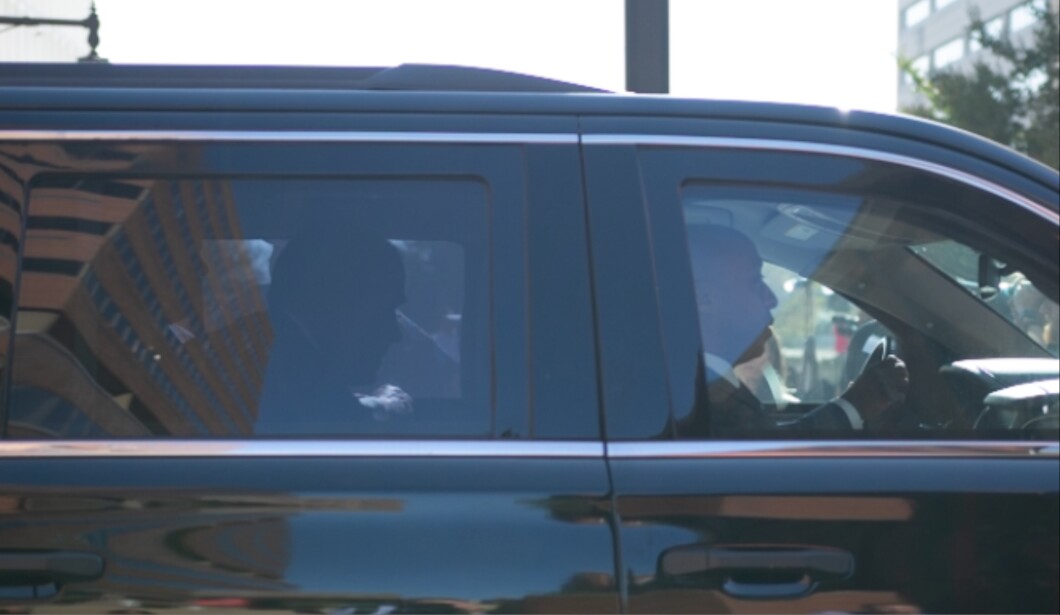
WILMINGTON, Delaware — After President Joe Biden‘s son pleaded not guilty to three felony gun charges in court Tuesday morning, legal experts say his likely next move is to avoid a criminal trial altogether.
Hunter Biden, 53, is planning to fight the charges alleging he lied about his drug use in October 2018 on a form to purchase a firearm that he kept for around 11 days. “Mr. Biden pleads not guilty to the three counts that have been brought against him,” his attorney Abbe Lowell said to the judge.
SUPREME COURT WEIGHS CFPB LEGALITY IN CASE CHALLENGING FUNDING OF FINANCIAL WATCHDOG

Lawyers for the president’s son and prosecutors with special counsel David Weiss‘s office have a Nov. 3 deadline to file any pretrial motions in the case, and Lowell has vowed to file “a number of motions” to challenge the constitutionality of the charges. After that, the attorney said he wants the judge to hold an evidentiary hearing.
Constitutional lawyer Andrew Lieb of Lieb at Law told the Washington Examiner that Lowell’s planned motions effectively “makes the evidentiary hearing irrelevant.” When asked whether he thinks the motions would serve as a pretext to avoid a trial altogether, Lieb said, “Absolutely.”
Lowell is likely to file a motion focusing on an agreement prosecutors previously struck with the president’s son that would have seen the government not prosecute the gun charges in exchange for the president’s son pleading guilty to two misdemeanor tax charges, abstaining from drug use for two years, and agreeing to own a firearm never again.
Lieb said he expects Hunter Biden’s defense to “bring something to say that pretrial agreement is still binding” despite Weiss’s office positing that the agreement is null after a judge in July found there wasn’t a “meeting of the minds” on his former plea agreement.
Lowell has also been adamant that the Supreme Court’s recent Second Amendment precedent from the 2022 Bruen v. New York Rifle & Pistol Association ruling is likely to play a part in the defense, and the U.S. Court of Appeals for the 5th Circuit has recently cited it to invalidate the same federal firearm statute Hunter Biden is charged under, albeit the ruling is only binding in Texas, Louisiana, and Mississippi.
Although the appeals court invalidated the statute in a case that involved a marijuana user, being that Hunter Biden’s addiction was crack cocaine, the 5th Circuit judges held that U.S. history and tradition “does not justify disarming a sober citizen based exclusively on his past drug usage.”
Constitutional law professor Jonathan Turley insisted on Tuesday that Lowell “is expected” to push that Hunter Biden’s gun form was accurate because, at the time, Hunter Biden had a moment of sobriety in his life when purchasing the weapon, according to Lowell’s own words.
Turley pointed to a Sept. 14 statement Lowell made to CNN in which he stated, “At the time that he purchased this gun [on Oct. 12, 2018], I don’t think there’s evidence that that’s when he was suffering.”
Lowell’s statement could signal a strategy to dismiss at least two of the three charges, including challenging the constitutionality of the statute and his charge of lying on the gun form, as legal experts have debated whether the alleged lie on the form would even be considered “material” if the overall statute isn’t constitutional.
CLICK HERE TO READ MORE FROM THE WASHINGTON EXAMINER
As for whether Hunter Biden will face additional indictments for his failure to pay taxes on time in 2017 and 2018, Lieb said the only timeline prosecutors are operating under is the “statute of limitations.”
“I think that as long as they’re still within the statute, they could bring it whenever it’s good — and perhaps when it’s least convenient for Hunter,” Lieb said.





